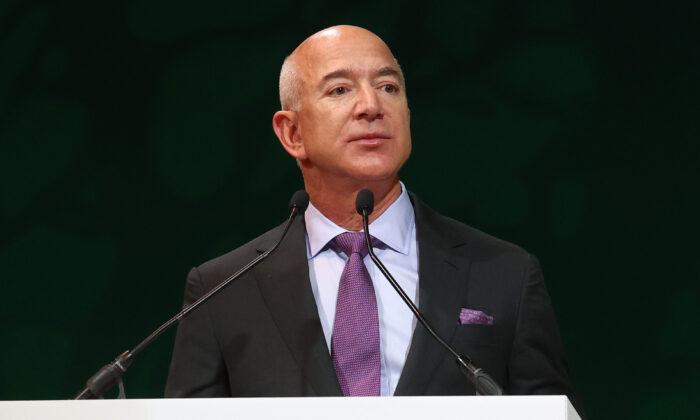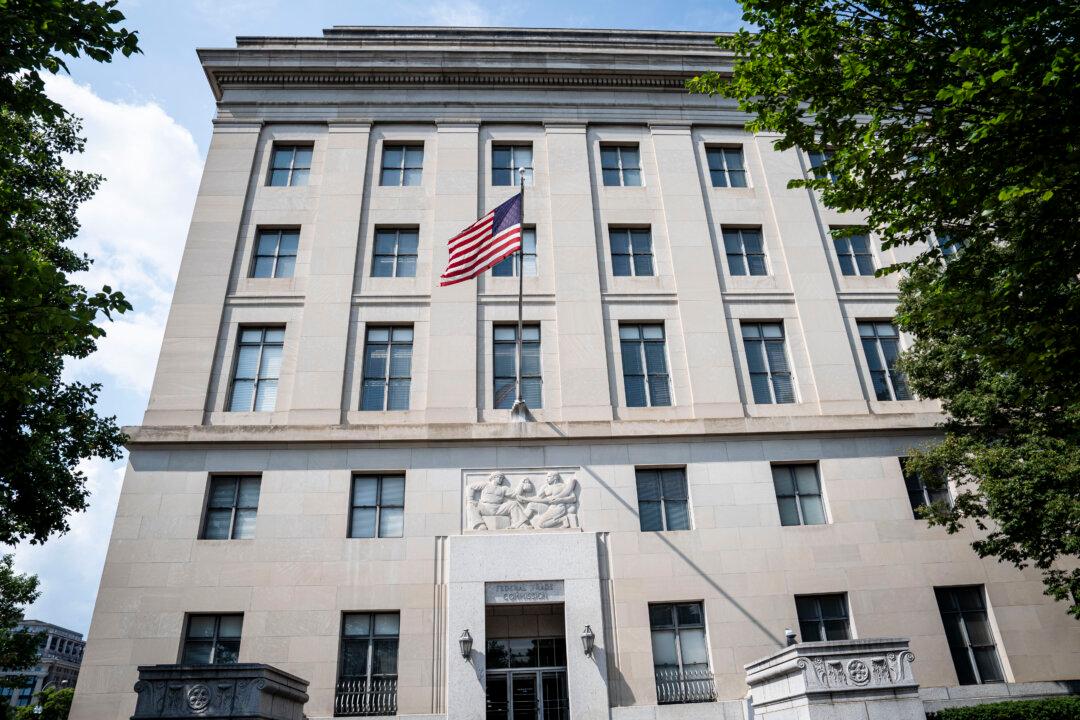Australia’s federal Health Minister Greg Hunt has suggested that opening international borders for travel won’t just be tied to achieving COVID-19 vaccination goals but will depend on a series of factors.
Instead, federal health authorities would need to consider a series of factors, including transmission, longevity, and the global impact.
“Those are factors which the world is learning about,” Hunt said.
Australia’s borders have been shut since March 2020, but the country aims to progressively open up throughout 2021 once safety milestones are achieved, Hunt said.
The health minister’s update comes five days before Australia will open its borders for two-way travel “green zone” with New Zealand.
“We’re then looking at other countries within the Pacific and within the region that are potentially low-transmission environments, and therefore Australia can do that,” he said.
Hunt’s comments come after Prime Minister Scott Morrison warned that it was not safe to open the international borders, given the prevalence of the CCP virus in other countries.
“Around the world, COVID-19 is still rife. We are still seeing increases in daily cases, particularly in the developing world.”
One of Australia’s closest neighbour to the north of Australia, Papua New Guinea, is facing a severe outbreak.
The prime minister said it was “still a very dangerous situation.”
“We‘ll keep moving quickly to vaccinate our most vulnerable population, and we’ll keep those borders closed for as long as we have to, but only as long as we have to, and we’re already right now preparing for what it looks like when we can open up again,” he said.
In the study, cases of the South African variant, B.1.351, was found to be eight times more prevalent in patients who had received two doses of the vaccine than those who had been unvaccinated—5.4 percent versus 0.7 percent—suggesting that the vaccine is less effective against the South African variant compared with the original coronavirus.
However, the study has yet to be peer-reviewed.





